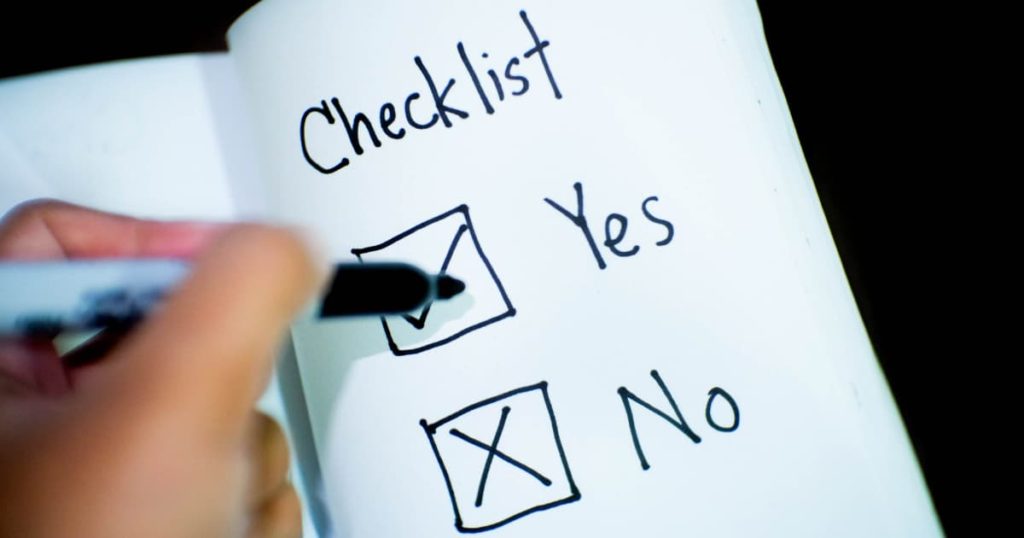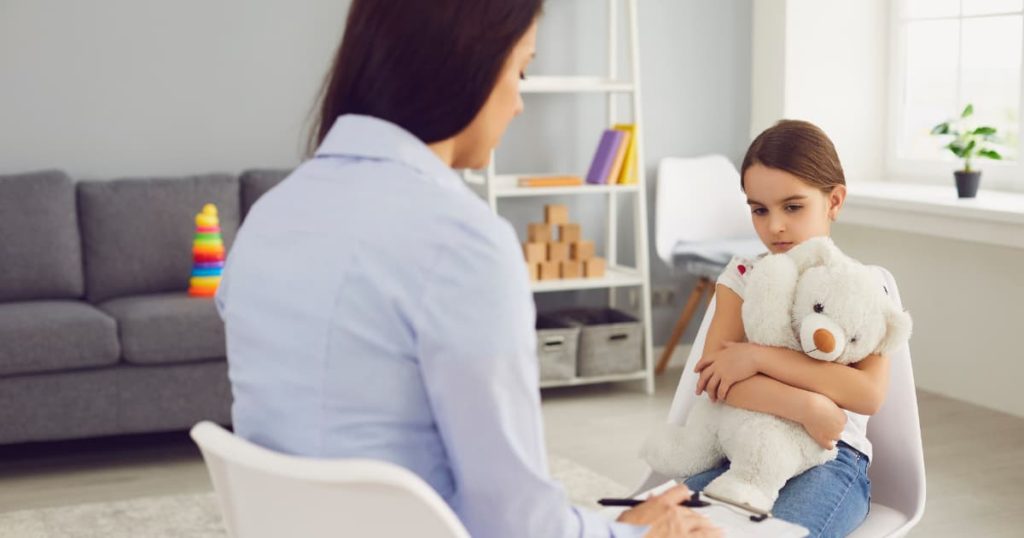How to Bring Up Pathological Demand Avoidance (PDA) With Your Allied Health Professional
At some point in your journey, your PDA child may require a Speech Therapist, Occupational Therapist, Psychologist or Physiotherapist – collectively known as ‘allied health professionals’.
PDA children need a special approach by allied health professionals to ensure a positive outcome. The success of any therapy is going to be dependent on how well your therapist can interact with your PDA child, so you will need to make sure your therapist is onboard with all the useful strategies.
However due to the limited recognition of PDA in Australia, many therapists aren’t aware of the condition or how to properly approach it.
So, when you decide to venture down the road of therapy, how do you bring up PDA with your allied health professional?

3 Ways to Bring Up PDA With Your Allied Health Professional
As the parent of a PDA child, I have had experience with this, so I’m sharing the three main ways I’ve done this in the past.
1. Choose a PDA Aware Therapist
Obviously the easiest and simplest way to ease your PDA child into therapy is to choose an allied health professional who knows about, and has experience with, PDA in the first place.
‘PDA aware’ or ‘PDA receptive’ is a term given to professionals and therapists who are aware of Pathological Demand Avoidance and are open to adjusting their approach to suit a PDA child.
You will be able to openly bring up PDA with these therapists without receiving a blank look in return.
Volunteer PDA awareness groups in Australia go to great pains to maintain and regularly update lists of PDA aware allied health professionals in each Australian state and territory.
You can find lists of PDA aware therapists here:
Unfortunately, the list of PDA aware professionals is not particularly long. If you can’t find any in your area, then you might try contacting some in other areas and asking if they are open to online consultations.
PDA aware therapists may also have long waiting lists. If you are struggling to find a PDA aware allied health professional who is available within a reasonable timeframe, then you may have to resort to the next option to bring up PDA with your allied health professional.

2. Share Some PDA Literature with Your Therapist
The second-best approach for bringing up PDA with your allied health professional is to share some PDA literature with them.
This may be as simple as referring them to an article on a website or printing off some letters and pamphlets provided by PDA awareness groups.
When choosing a resource to share, I think it’s necessary that it includes, not only what PDA is, but also that children with PDA won’t respond to conventional interventions or traditional techniques – this is important information that your therapist needs to know.
Here are some helpful resources you may wish to share with your allied health professional:
https://www.pdasociety.org.uk/working-with-pda-menu/information-for-healthcare-professionals/
https://www.pdasociety.org.uk/resources/resource-tag/professionals/
http://www.pdaresource.com/files/PDA-Awareness-Matters_PDA_Society.pdf
Letter for Health Professional (this is in the file section of the PDA Australia Facebook group – you will need to request permission to join the group for access)
These resources will help you bring up PDA with your allied health professional and, providing they are open to it, allow them to create an appropriate therapy experience for your PDA child.
Plus CONGRATULATIONS! You’ve just contributed to the PDA awareness movement!
If you really don’t feel confident introducing PDA to your therapist in this way, or if you find they are not as open to it as you would have hoped (*sigh* it does happen), then option number 3 may be your best bet.

3. Don’t Introduce PDA, Let PDA Introduce Itself
The third option available to bring up PDA with your allied health professional is simply this: DON’T!
Yep, just don’t mention it.
I want to be clear, I’m not saying you should go out of your way to hide it, but sometimes PDA really just has to be seen to be believed.
If your PDA child is excellent at masking, then rest assured they will mask with their therapist. A good therapist will be able to peel the mask back and the PDA will inevitably shine though (be advised this may take many therapy sessions to accomplish).
Alternatively, a therapist may also use conventional interventions and strategies to engage your child which, no doubt, will be unsuccessful in the long run.
In this scenario you don’t need to bring up PDA with your allied health professional, because eventually, PDA will bring itself up!
Let your therapist see it for themselves.
Then once your therapist has witnessed these PDA behaviours, you can share some of the PDA literature with them that we outlined above. Any good therapist will be eager to learn more and pretty soon they will be sharing PDA literature with you!
I will warn, however, that this approach should not be used if your think that a therapist’s use of conventional interventions and strategies may be detrimental to, or traumatic for, your child. Your child’s welfare must come first.

Summary of Ways to Bring Up PDA With Your Allied Health Professional
A PDA child can benefit greatly from Speech Therapy, Occupational Therapy, Psychology or Physiotherapy if their allied health professional is open to adapting their approach in line with recommended Pathological Demand Avoidance strategies.
Three ways to bring up PDA with your allied health professional are by engaging a PDA aware therapist in the first place, sharing PDA literature with your therapist, and finally, not saying anything and letting the PDA behaviours speak for themselves.
What other ways have you used to bring up PDA with your child’s therapists? Share your story in the comments section below.





